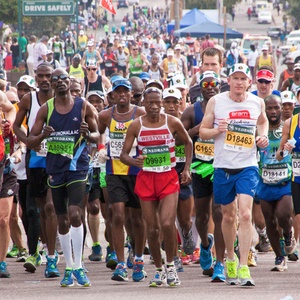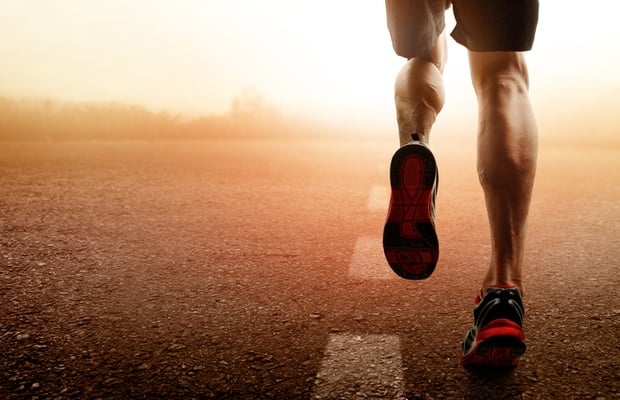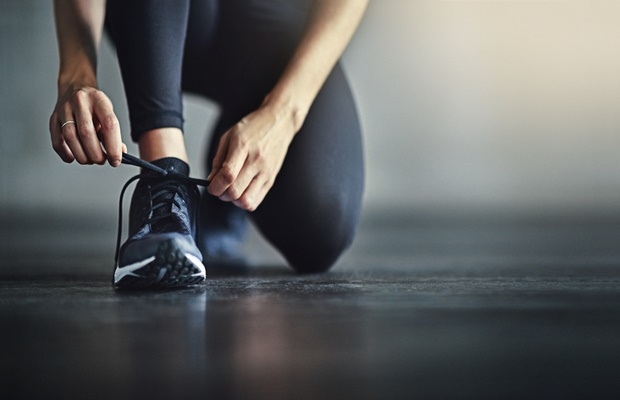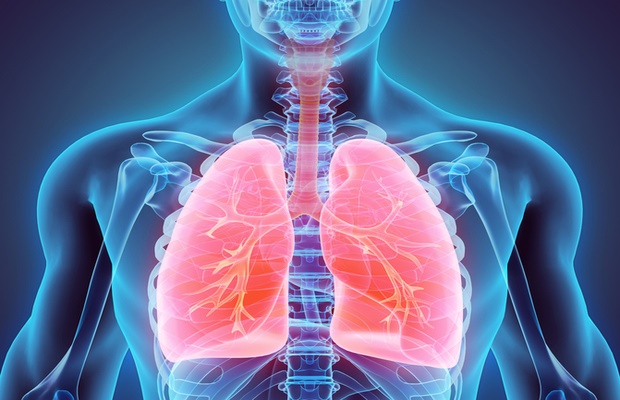
The Comrades Marathon is one of the most popular, but also gruelling, ultramarathons with a measured distance of 90.18km this year (following the so-called "down route" from Pietermaritzburg to Durban).
This is not an event on the racing calendar to be taken lightly and runners have to prepare themselves both physically and mentally.
But no matter how well you’ve trained, an ultramarathon will take its toll on your body. We explore the effects of such a gruelling distance on various parts of the body.
1. Your legs: There is unfortunately no way to avoid leg fatigue when you run 90km.
Think about it – you rely on your legs, which are made up of a collection of large joints, muscles and tendons, to move you forward. Every kilometre, this complex structure will hit the ground about 1 000 times, depending on the length of your strides and your speed.
When your legs start to cramp, it’s because of lactic acid forming around your muscles. While lactic acid itself isn’t the only thing responsible for sore muscles, it's also the higher acid levels inside your cells that disrupt your muscle function. Your brain will “tell” your legs to take it easy – hence the feeling that your legs are on fire. It's your brain's way of slowing you down.
Combat this: Keeping your legs strong isn’t just about hitting the pavement regularly for the optimum distance. You should also do plenty of strength exercises to keep your glutes and tendons strong.
It’s a good idea to add workouts to your routine that will prepare you for specific features in the race, such as uphill or downhill runs on similar terrain, according to Matthew Laye, a physiologist specialising in endurance athletes at the College of Idaho's department of Health and Human Performance.
You should also restore your glycogen levels by fuelling up during your ultramarathon. Eat plenty of carbohydrates and take in electrolytes.

2. Your feet: If you think about the fact that the Achilles tendon, your body’s strongest tendon, will raise with each step you take over the distance, propelling your body weight forward as you run, you will understand that this race will have a daunting impact on your feet.
Each foot is made up of an intricate structure of more than 100 parts, including bones, tendons and joints.
During the Comrades, the structure of your feet absorbs up to three times your body weight with each stride. No wonder ultramarathon runners are susceptible to stress fractures.
And then we haven’t even touched on the friction of socks and shoes against your skin. Your feet can form blisters as your socks and shoes chafe you during the long race.
Combat this: Make sure that your shoes and socks fit properly and can withstand the distance. You can prevent chafing and blisters by taking measures like applying Vaseline, according to Lindsey Parry, renowned South African runner's coach.

3. Your stomach: If you know enough about running, you will be aware that potty problems (also referred to as “runner’s trots”) can be disconcerting. Stomach cramps and nausea can also be experienced during a long run.
With all the pounding and shaking of our digestive systems while running it’s no wonder that our stomachs can act up.
You may also experience nausea as a result of dehydration.
Combat this: Proper fuelling during an ultramarathon is crucial. Whether you restore your energy levels with sports drinks or solid snacks, be sure that your source of energy works for you and doesn’t cause indigestion. It’s also important to listen to your body and to give it what it craves during the race.
Avoid foods that can be potentially irritating to the digestive tract – this includes caffeine, spicy foods, dairy products and high-fibre foods, such as beans and other legumes.

4. Your lungs: Oxygen is vital, not only for optimal breathing, but also for your body to process glucose into much-needed energy. During an ultramarathon your body works hard to burn fuel, which causes your aerobic respiration to drop, making it difficult to breathe. This means that your body is behind with the process of "cleaning up" waste products.
Combat this: It's important to be physically fit enough and for your lungs to work at optimum capacity before undertaking such a race. Minimise burnout by keeping your energy levels high by regularly taking in fuel such as carbohydrates and sports drinks.

5. Your heart: Exercise does wonders for heart health and lowers your risk for cardiovascular disease. But during a gruelling ultramarathon, your heart works harder than during a typical daily training session.
According to Dr Larry Creswell, a cardiac surgeon at the University of Mississipi, one of two things can happen – your heart rate can either rise or drop, depending on the conditions of the day. Your heart rate will increase when you are dehydrated or when conditions are hot, and it will drop when you experience extreme fatigue.
It’s not uncommon for runners to become dizzy at the finish line – once you stop running, the blood flow to your heart is disrupted. This is also a reason why runners faint after finishing their run.
Combat this: Stay hydrated and sit down as soon as you feel dizzy at the end of the race. Be aware of your heart rate by wearing a heart-rate device such as a strap or watch. This should give you an idea of your normal heart rate during a run while you are training.

6. Your brain: You might not only take mental strain during such a tough endeavour (negative thoughts and feelings of wanting to give up), but an ultramarathon can also have a physical impact on your brain. According to Laye, your brain is very sensitive to heat damage and dehydration. While the brain generally prevents heat stroke by forcing the body to cool down, it's still a possibility.
Then there's the risk of hallucinations – yes, you read right. This stems from general fatigue that results in your mind playing tricks on you.
Combat this: Prepare yourself physically by adequately hydrating yourself and shielding yourself from the sun, and mentally by enforcing positive thoughts and visualising your race conditions.

Image credit: iStock




 Publications
Publications
 Partners
Partners










